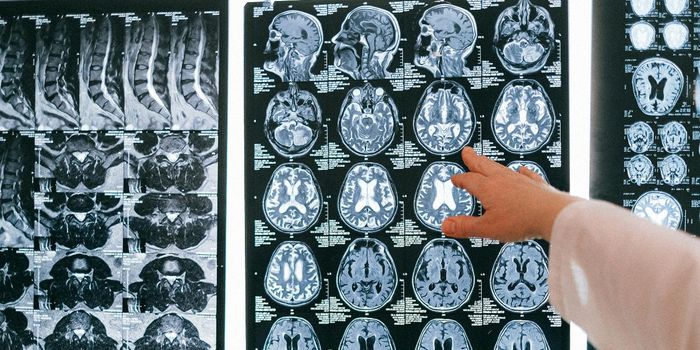Molecular "Nets" within the Heart Lead to Organ Failure
When clusters of a particular molecule form in the heart muscle tissue, the heart struggles to function normally. While scientists are used to seeing this occur in a rare genetic disease, a new study revealed that many people are affected by these clusters.
From the National University Health System in Singapore, scientists are investigating accumulation of chondroitin sulfate in the heart muscle. Chondroitin sulfate is a type of molecule usually only found in cartilage and other connective tissues; it is made up by many sugar molecule bound together in a long chain. This finding was surprising, as accumulation of chondroitin sulfate in the heart normally occurs only during a rare condition called mucopolysaccharidosis (MPS) type VI.
MPS type VI, also known as Maroteaux-Lamy syndrome is a rare, progressive disease that often results in skeletal abnormalities. For individuals born with this disease, symptoms first appear usually during early childhood, ranging from an abnormally large head, fluid buildup in the brain, coarse facial features, and a large tongue. While other type of MPS affect intelligence, type VI does not.
The life expectancy of someone born with MPS type VI depends on the severity of an individual’s symptoms, but treatment is vital for those affected to survive past late childhood. When a person with MPS type VI does die, heart disease from chondroitin sulfate accumulation or airway obstruction are usually the cause.
After finding the clusters of chondroitin sulfate (called molecular “nets” because of the way this molecule binds to other proteins) in the hearts of individuals without MPS type VI, researchers realized that this could be another factor contributing to inflammation in the heart that often leads to or exacerbates existing heart failure.
“Heart failure patients without MPS VI also have molecular nets, which can be targeted with a medicine that is already U.S. FDA-approved,” explained lead author Roger Foo. “Targeting these molecular nets may bring a fresh new treatment approach for patients with this severe debilitating disease.”
The FDA-approved drugs Foo mentions are those like beta-blockers and ACE-inhibitors, which are commonly prescribed to treat heart disease. For individuals without MPS type VI but still have molecular nets in the heart, treatment with a drug used to treat MPS type VI, called arylsulfatase B (ASB) enzyme, could clear the accumulation of chondroitin sulfate.
Scientists have successfully done so only in animal models, but clinical trials with humans could be put into motion soon. By adding ASB enzyme to the regimen of drugs people with heart failure already take, researchers could decrease the chance of heart disease transitioning into heart failure.
The present study was published in the journal Circulation.
Sources: Genetics Home Reference, National University Health System









